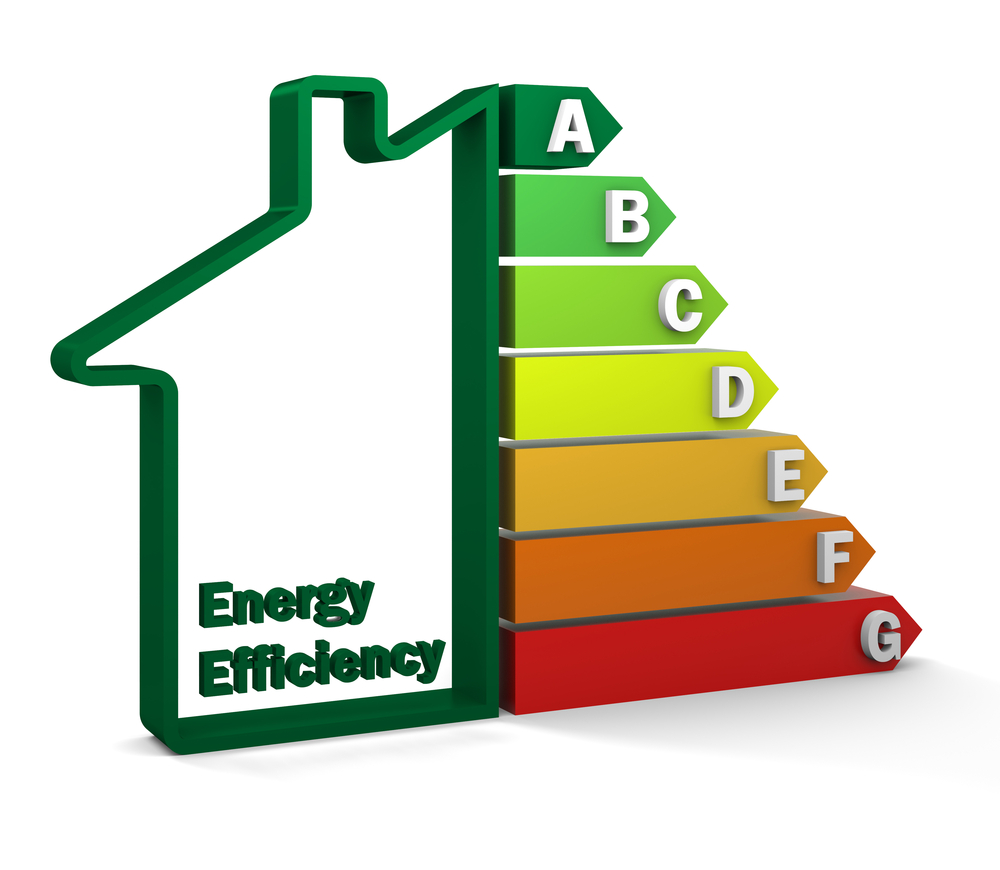If you are looking for tips on how to make your home more energy efficient, read on. Many homeowners find that simple upgrades can save them significant amounts of money. Some of these improvements can be done by themselves, without having to spend months in renovations. This article will explain some easy tips that will help you make your home more energy efficient. This will also help you save money by conserving energy. Keep reading for more ideas.

First, you can calculate your home's energy efficiency by comparing it with other homes in the same neighborhood. You can also use the U.S. Department of Energy's Home Facts tool to determine the energy efficiency of your home and make recommendations for improvements. The Home Facts section provides details on your current home's systems and structures. Compared to the Home Score, the Home Facts report can help you prioritize the improvements you want to make to increase your home's energy efficiency.
Another way to improve your home's energy efficiency is to add insulation to your house. This can help you save money on your utility bills and reduce the impact you have on the environment. Air sealing, for instance, can save up to 10 percent of your heating and cooling costs. Lastly, consider making your home more energy efficient. Adding insulation to your home can also help you save on your heating and cooling costs, and you may even have the opportunity to increase your home's value.
If you can't afford to replace your appliances, there are a few things you can do to make your home more energy-efficient. Single-pane windows can be upgraded to energy-efficient ones by installing tinted film. You can also install bathroom ventilation fans to replace inside air with outdoor air. If you can't afford to replace your entire home, you can opt for front-loading washing machines. You can set the temperature of the refrigerator according to the manufacturer's specifications.
If you have an existing home, you can make it more energy-efficient by making small changes yourself. You can also install a programmable thermostat. Wood and pellet stoves are more energy-efficient. Using a programmable thermostat is a great way to reduce your home's energy consumption. Moreover, you can invest in a solar-powered solar system to offset your home's energy bills.
If you have a spare budget, you can start by replacing your light bulbs with new ones that are more energy-efficient. In addition to replacing old light bulbs with newer LED bulbs, you can also install power strips. These strips can be installed in your home, allowing you to turn off multiple devices at the same time. Although this may seem like a simple change, it will save you money in the long run.
Getting an energy audit will also save you money in the long run. You can get an accurate assessment of your home's energy usage by investing in a home efficiency evaluation. These assessments can save you hundreds of dollars a year and could even increase the value of your home. By installing these upgrades and making these changes, you can make your home more energy efficient and save money. The results of the audit will be reported to you in a report that can be used for years to come.
You can make your home more energy efficient by replacing light bulbs. Changing light bulbs to Energy Star-rated ones will save you about $55 in electricity costs. By changing the light bulbs in your home, you can save up to $200 a year on electricity. And, as many people know, many electronic devices, including televisions, are still drawing a significant amount of power when they are off. You can save up to 20% on your electricity bills by doing this.
